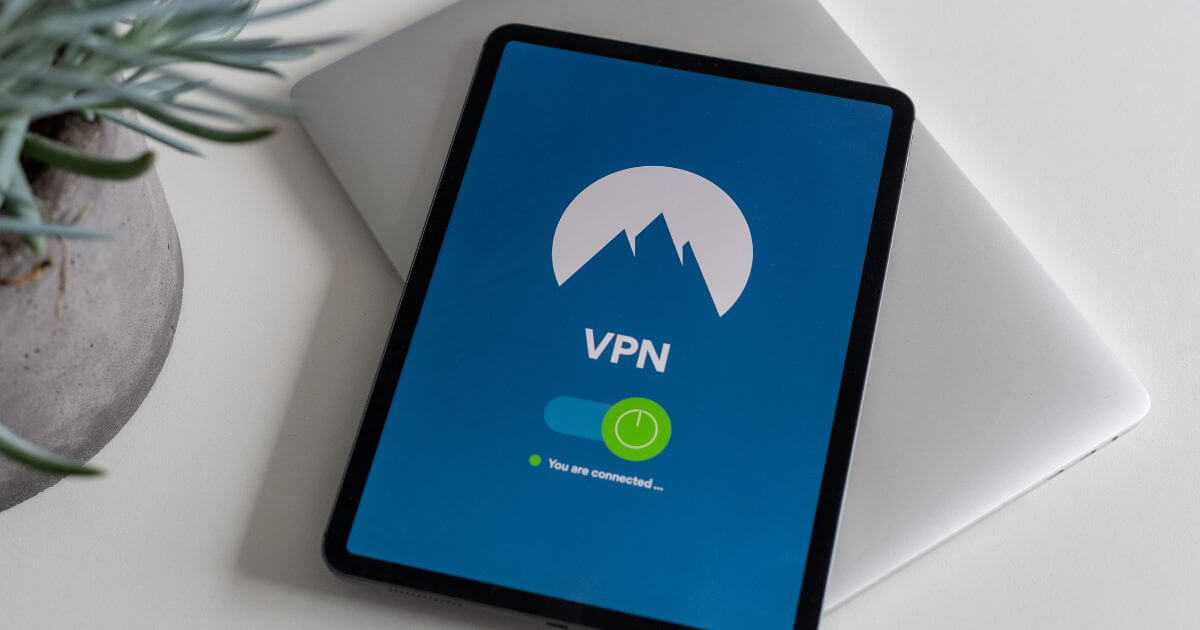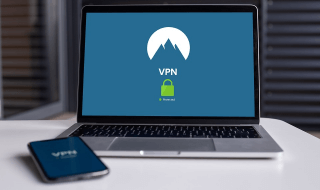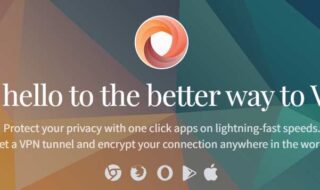In the digital age, companies track your browsing habits so they can serve you ads that are more relevant to your interests. That’s how they make their ad dollars: by selling user profile data to third parties. They’re not alone, either. Nearly 60% of US internet users are estimated to be online ad targets. It’s how most websites make money these days.
But what if there was a method to erase personal identifiers from the sites you visit? What if you could only visit trusted sites and services free of tracking and targeting? You might think such a thing doesn’t exist. The answer is yes. It’s called a virtual private network (VPN).
Contents
- 1. By Encrypting Your Traffic
- 2. By Preventing Your Isp From Selling Your Browsing Data
- 3. By Masking Your Ip Address From Websites
- 4. By Redirecting Your Traffic To The VPN Server
- 5. By Using Security Protocols Such As OpenVPN Or IPSec.
- 6. By Providing A Layer Of Protection From Hackers And Cybercriminals.
- Conclusion
Virtual private networks create an encrypted way or tunnel between your device and another server. Your device connects without being directly connected to the other server, making it appear as if you are in one location when you are in another. In addition, it allows you to access different websites and services as if you were in the same location, even though you aren’t.
1. By Encrypting Your Traffic
A VPN can prevent your ISP from seeing what pages you visit or files you download, making it harder to use cookies or other tracking methods to collect data about you.
Using a VPN can also prevent your personal information from being exposed to advertisers who might use it to target their ads. In addition, with a VPN, you can access services that the government normally blocks, like Netflix or Hulu, even when traveling internationally.
Using a VPN with dedicated IP removes any risk of identity theft or fraud because these data streams are encrypted and cannot get accessed by unauthorized third parties. A VPN is an excellent tool for businesses to protect their networks against hackers and keep confidential information secure during business travel or while working remotely.
2. By Preventing Your Isp From Selling Your Browsing Data
A VPN encrypts all of the data that you send and receive, which prevents your ISP from being able to sell it. As a result, your information is safe and private when you use a VPN. This feature is particularly useful in countries where governments have limited control over internet service providers.
In countries like China, for example, ISPs often provide only one type of internet service and use deep packet inspection to monitor users online. With a VPN, your ISP won’t be able to see what you are browsing online.
3. By Masking Your Ip Address From Websites
The last thing you want is your online activities to get tracked by the people trying to give you ads. So, if you’re using a VPN, your location is masked, and those other companies have no idea where you are or what you’re up to.
Moreover, a VPN can also help protect your privacy by keeping your browsing history private and anonymous. It means that even if someone hacked into one of your accounts, they wouldn’t be able to see what you’ve been doing online. But, of course, it will happen unless they have access to the server that gets originally connected with the VPN.
4. By Redirecting Your Traffic To The VPN Server
When using a VPN, your DNS traffic is encrypted and redirected to the VPN server. It means that your ISP cannot detect any DNS leaks. The other advantage of a VPN is that it allows you to visit trusted websites and services anonymously. In addition, you can use your VPN to avoid cookies and other tracking methods, so the sites you visit won’t know who you are.
Finally, it makes it harder for companies to serve you ads tailored specifically to your browsing habits. This privacy-friendly feature also comes in handy when shopping online with a private browser such as Tor Browser or Opera Next.
5. By Using Security Protocols Such As OpenVPN Or IPSec.
A VPN, or Virtual Private Network, is a tool that can help improve your online security and privacy. Using security protocols such as OpenVPN or IPSec, a VPN can encrypt your online traffic and help protect your data from being intercepted by hackers or other third parties.
Moreover, a VPN can also help prevent your ISP from tracking your online activity. A VPN can help you improve your privacy, avoid tracking with cookies and other methods, and access restricted websites. These are just a few reasons why it’s important to use an effective VPN when surfing the internet.
6. By Providing A Layer Of Protection From Hackers And Cybercriminals.
If you’re concerned about online privacy, a VPN is a great way to protect yourself. It is especially true if you get connected to public Wi-Fi. Hackers are known to gain access to our private information and, in some cases, personal identity by capturing it through public Wi-Fi. With a VPN, hackers won’t be able to intercept your data or identity when you connect with public Wi-Fi.
Finally, using a VPN can help increase your online security by providing a layer of protection from hackers and cybercriminals. If you use a VPN, this will help prevent malicious software from getting onto your device. One less thing for hackers and criminals to exploit could lead to unwanted data breaches or identity theft.
Conclusion
Using a VPN can aid in protecting your online privacy by encrypting your traffic, preventing your ISP from seeing what you are doing online, and masking your IP address. In addition, a VPN can help you avoid cookies and other tracking methods by encrypting your traffic and routing it through a secure server.
Moreover, it will prevent third-party trackers from collecting and using your data to target ads or sell to marketers. A VPN is a simple and effective way to protect your privacy online.




